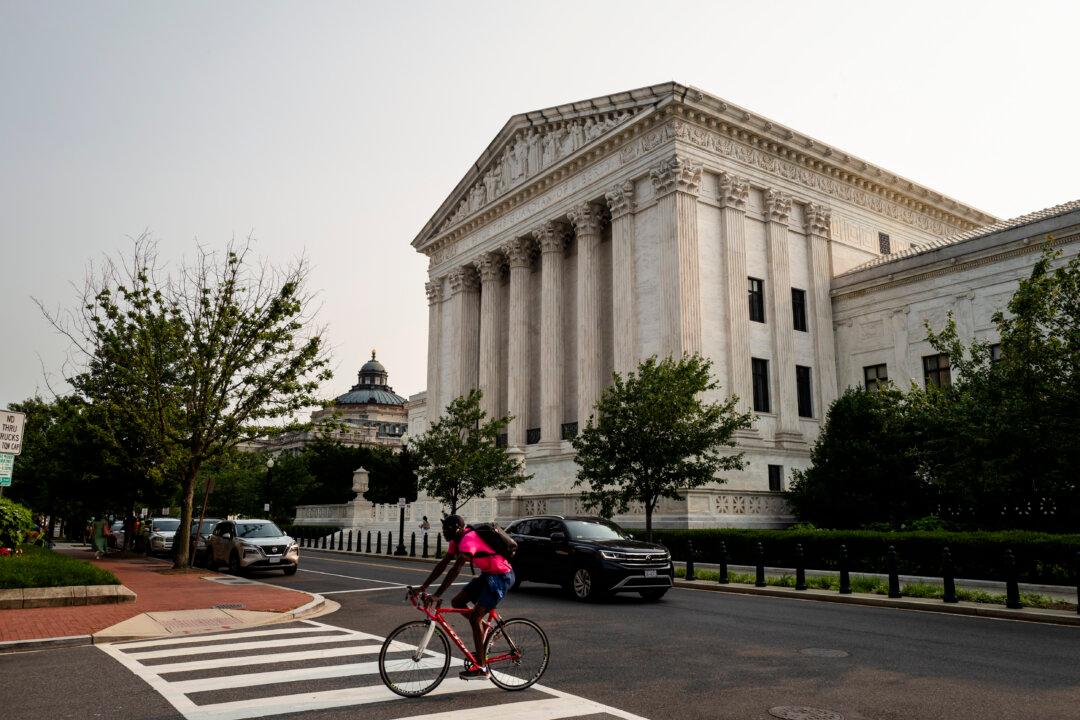As usual, the truth lies somewhere in the middle.
The court didn’t issue a sweeping opinion on gender ideology. Instead, it upheld Tennessee’s right to ban puberty blockers, hormone treatments, and gender-transition surgeries for minors. The ruling reaffirmed a foundational constitutional principle: States have the authority to protect children—particularly when medical interventions carry lifelong risks and scientific uncertainty.
That should be the headline: The Constitution permits states to act to protect children.
But Skrmetti is not the end of the story. In fact, it’s a narrow decision, limited to the medicalization of minors. It doesn’t settle broader questions about gender identity and civil rights law. Critically, it leaves the door open for states to choose to give heightened protections to transgender status—protections that often come at the direct expense of protections based on biological sex.
In other words, Skrmetti affirms that states may restrict harmful medical interventions—but it also allows states to go in the opposite direction. And while that flexibility may reflect our federalist system, it also ensures that further litigation will be necessary—especially in contexts where female-only protections are being eroded, such as in girls’ sports.
It does not—and cannot—resolve the looming constitutional questions about gender identity. The court has never held that gender identity is a protected class. It has never ruled that male athletes who identify as girls must be allowed to compete in female sports.
To be clear: Skrmetti does not address whether girls can be forced to share locker rooms or give up podium spots to boys. It doesn’t stop states from adopting policies that undermine the very idea of female-only spaces. That fight is still ahead—and we’re in it.
But this decision sends a clear signal to state lawmakers: If you want to protect children, you can. If you want to preserve sex-based protections for women and girls, you have room to act. And if you fail to act, you are choosing to cede that ground. The stakes could not be higher. Girls and women deserve to compete, learn, and thrive in spaces that protect their rights—free from unfair competition and privacy violations. Vulnerable children must be shielded from irreversible harm, not sacrificed to ideological agendas. The time to act is not later—it’s now.
Skrmetti is a turning point. Now we must build on it—through new laws, courageous litigation, and a national movement to reestablish reality and restore basic protections rooted in biological sex.
The states have room to move. Now they must move boldly. And where they don’t, we will.




